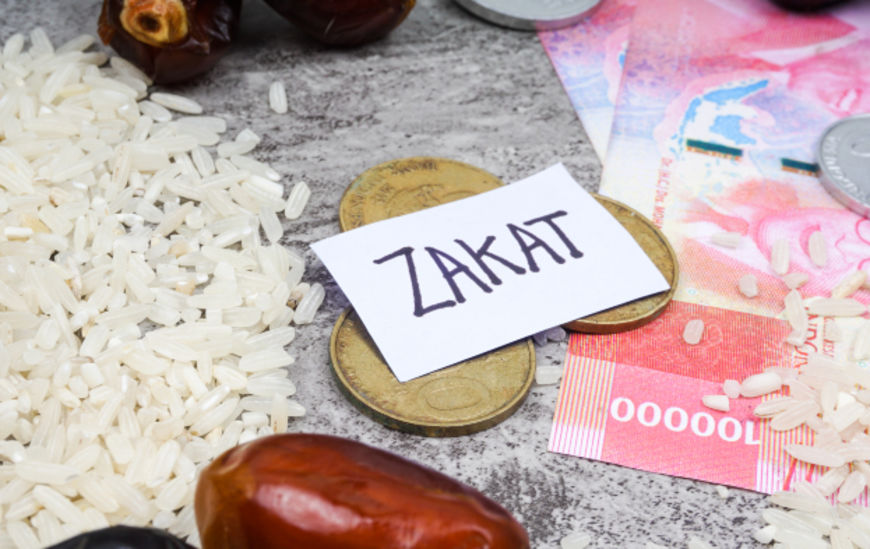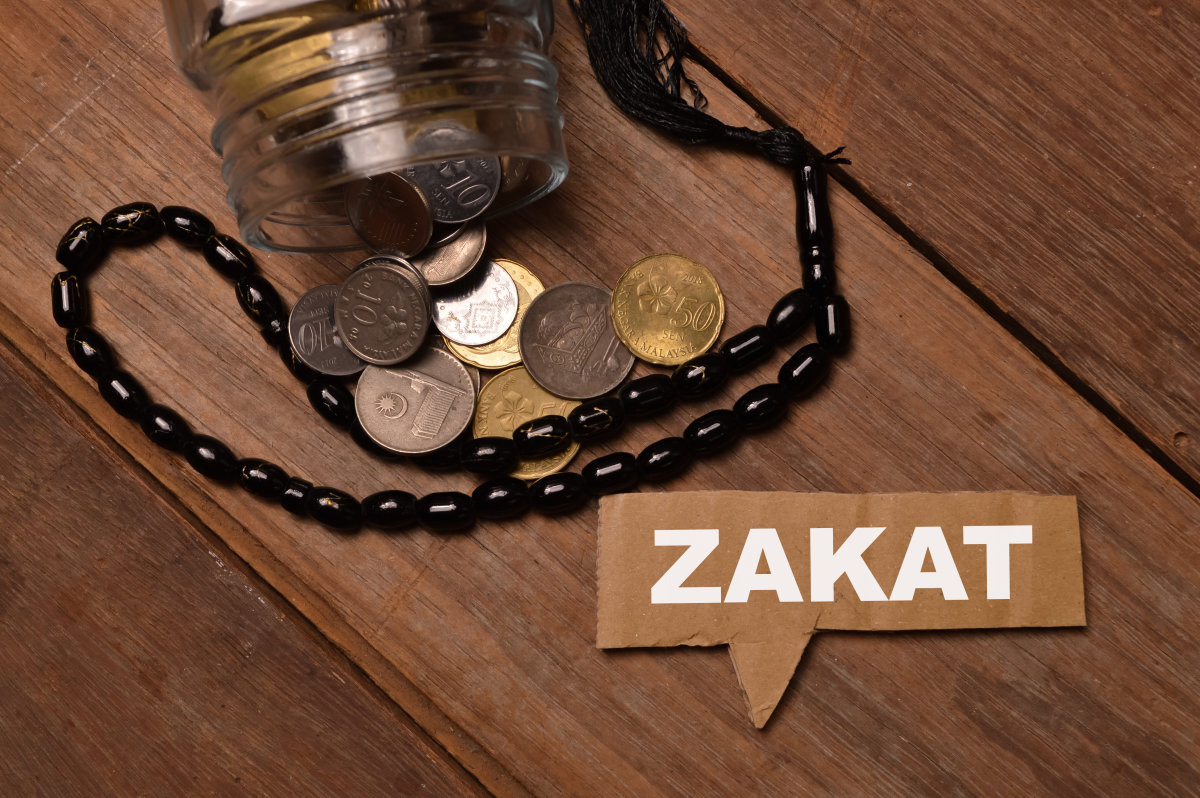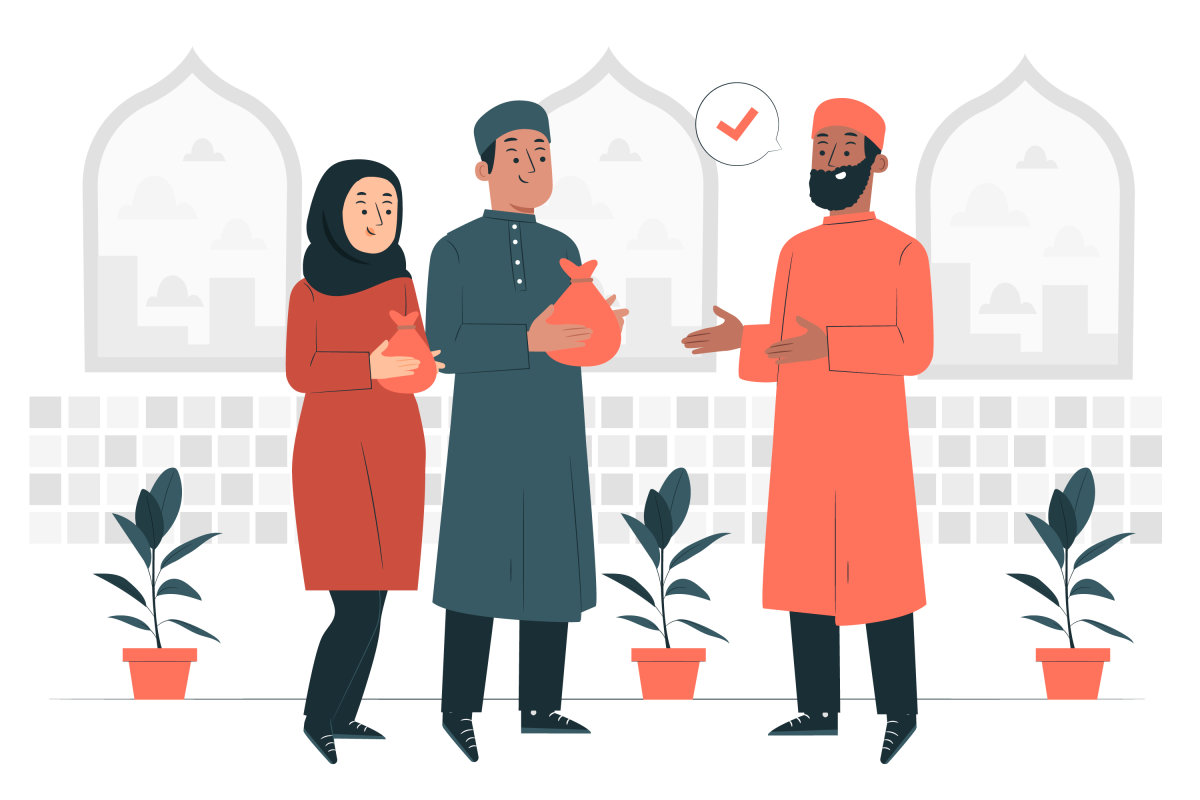
Charity holds a central role in Islamic teachings, with Zakat being one of the Five Pillars of Islam. This religious obligation encourages Muslims to give back a portion of their wealth to those in need, fostering social equality and community support. In this article, we will explore the significance of Zakat, how it helps individuals and society, and why giving back through Zakat is not just a duty but a blessing for the entire Muslim community.
What is Zakat?
Zakat, meaning “purification” and “growth,” is a mandatory form of almsgiving in Islam. Muslims are required to donate 2.5% of their annual wealth to those who are less fortunate. This act of charity is a way to purify one’s income and wealth, ensuring that it is used for the greater good. Zakat is distinct from Sadaqah, which is voluntary charity, as it is a compulsory act of worship for all Muslims who meet the eligibility criteria.

The Importance of Zakat in Islam
Zakat is an essential component of Islamic faith, deeply rooted in the teachings of the Quran and Hadith. It is mentioned over 30 times in the Quran, often alongside prayer (Salah), emphasizing its significance. The obligation of Zakat is designed to purify the wealth of believers, reminding them that wealth is a trust from Allah (SWT). By fulfilling this obligation, Muslims acknowledge their responsibility toward others and maintain their spiritual and financial balance.
In Surah Al-Baqarah (2:177), Allah (SWT) says: "Righteousness is not that you turn your faces toward the east or the west, but [true] righteousness is in one who believes in Allah, the Last Day, the Angels, the Book, and the Prophets and gives his wealth, in spite of love for it, to relatives, orphans, the needy, the traveler, those who ask [for help], and for freeing slaves."
This verse illustrates the importance of compassion and generosity in Islamic teachings, highlighting Zakat as a key path toward righteousness.

How Zakat Strengthens the Community
- Reducing Poverty and Inequality
Zakat plays a crucial role in redistributing wealth and reducing poverty within the Muslim community. By requiring those with excess wealth to share a portion of it with the less fortunate, Zakat helps to bridge the gap between the rich and the poor. It ensures that everyone in society has access to basic necessities, such as food, clothing, and shelter. - Fostering Social Unity
Giving Zakat fosters a sense of unity and brotherhood within the Muslim Ummah (community). It creates a bond between different socioeconomic groups, helping the wealthy to feel a sense of responsibility toward the less privileged. This sense of solidarity strengthens the community and promotes compassion, empathy, and mutual support. - Promoting Economic Stability
Zakat contributes to economic stability by encouraging wealth circulation. When the rich give part of their wealth to the needy, it stimulates the economy by enabling more people to participate in commerce. Zakat helps individuals improve their financial situation, thereby reducing their reliance on social aid and fostering a more self-sufficient community. - Encouraging Generosity and Gratitude
Zakat encourages Muslims to practice generosity, humility, and gratitude for their blessings. By giving away part of their wealth, Muslims are reminded of the transient nature of material possessions and the importance of helping others. It also cultivates a sense of gratitude for the ability to give, as those who are able to pay Zakat are considered blessed by Allah (SWT).

Who is Eligible to Receive Zakat?
According to Islamic teachings, Zakat must be distributed among specific categories of people mentioned in the Quran (9:60). These include:
- The poor (Al-Fuqara) – Those who are struggling to make ends meet.
- The needy (Al-Masakeen) – Those who may not ask for help but are in financial difficulty.
- Zakat collectors – Individuals who are appointed to collect and distribute Zakat.
- Those whose hearts are to be reconciled – New converts to Islam or individuals inclined toward the faith who may need assistance.
- Captives and slaves – To help free those held in captivity or servitude.
- Debtors – People who are in debt and unable to pay off their loans.
- In the cause of Allah – Those who are striving for a just cause, including efforts to promote Islam.
- Travelers in need – Individuals who are stranded or in distress while traveling.
The Process of Paying Zakat
Calculating Zakat can seem complex, but the basic principle is simple: Muslims must give 2.5% of their annual savings, after deducting essential living expenses. Zakat is due on personal wealth exceeding the nisab threshold, which is the minimum amount of wealth one must have before Zakat becomes obligatory. The nisab is based on the value of gold or silver and can vary by region.
Muslims can distribute Zakat themselves to eligible recipients or donate it to a trusted organization that manages Zakat distribution. Many Islamic charities around the world specialize in collecting and distributing Zakat to those in need, ensuring that the funds are used appropriately.
The Spiritual Rewards of Zakat
Giving Zakat is not just a financial transaction; it is an act of worship with profound spiritual benefits. Allah (SWT) promises great rewards for those who give generously, both in this life and the hereafter. In Surah Al-Baqarah (2:261), Allah says: "The example of those who spend their wealth in the way of Allah is like a seed of grain that sprouts seven ears; in every ear are a hundred grains. And Allah multiplies [His reward] for whom He wills. And Allah is all-Encompassing and Knowing."
Zakat purifies the soul from greed, strengthens faith, and brings the giver closer to Allah (SWT). It also serves as a reminder that true wealth lies in one’s deeds and devotion to Allah, not in material possessions.

Zakat, Prayer, and Spiritual Reflection
In addition to giving Zakat, Muslims are encouraged to maintain a deep connection with Allah (SWT) through regular prayer (Salat) and dhikr (remembrance of Allah). Many Muslims use a prayer bead (misbaha or tasbih) to help count the recitations of specific prayers or praises to Allah, especially following their daily prayers. These prayer beads, like Zakat, are tools that enhance one's spiritual discipline and reflect the importance of balancing material obligations with devotion.
The use of prayer beads reminds believers of the continuous presence of Allah and encourages reflection on His blessings, much like Zakat encourages the reflection on wealth as a trust from Allah. Together, Zakat and prayer form a spiritual framework that nurtures the soul while strengthening the bond with the wider Muslim community.
Both acts—Zakat and prayer—reinforce humility and gratitude, essential virtues in Islam. While Zakat purifies wealth and supports those in need, prayer beads guide Muslims in performing dhikr, purifying the heart and mind, and deepening their spiritual connection.
Zakat is much more than a financial obligation—it is a powerful force that strengthens the Muslim community. By redistributing wealth, fostering unity, and promoting economic stability, Zakat plays a vital role in reducing poverty and social inequality. Moreover, it serves as a reminder of the blessings of giving and the spiritual rewards that come with fulfilling this sacred duty. Through Zakat, Muslims not only purify their wealth but also contribute to building a more just and compassionate society.




 Jewelry
Jewelry Silver amber jewelry
Silver amber jewelry Amber pictures
Amber pictures Souvenirs
Souvenirs